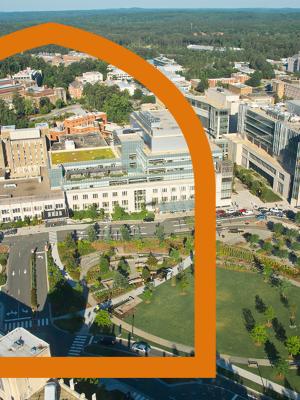
Every Gift Tells a Story
Our philanthropic partners play a pivotal role in Duke Health’s missions, enabling us to tackle the most pressing health challenges.

Our philanthropic partners play a pivotal role in Duke Health’s missions, enabling us to tackle the most pressing health challenges.



